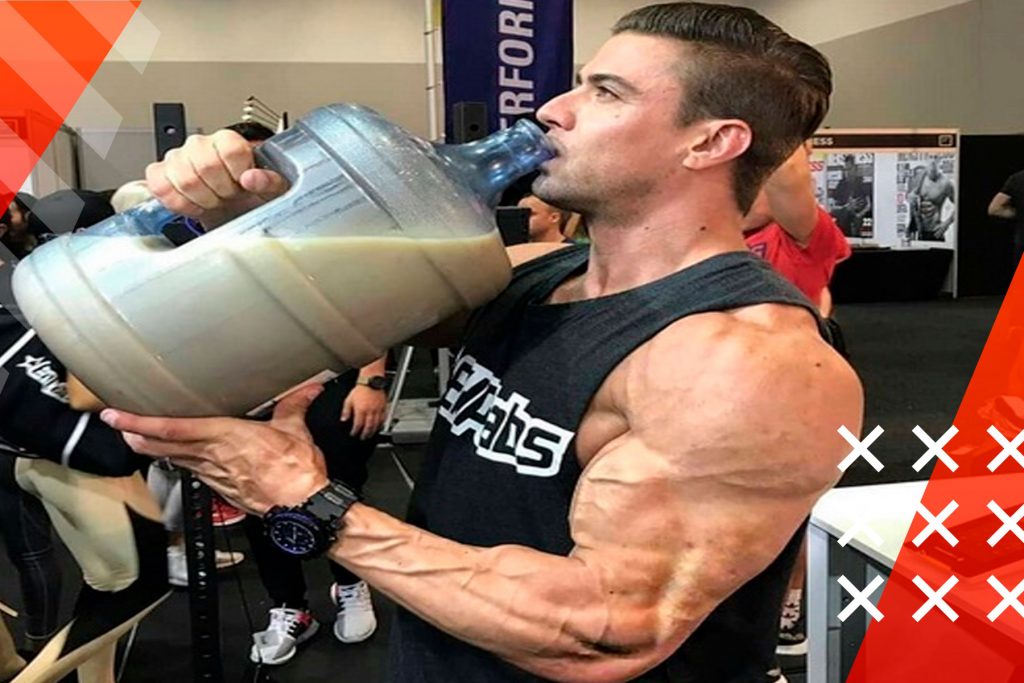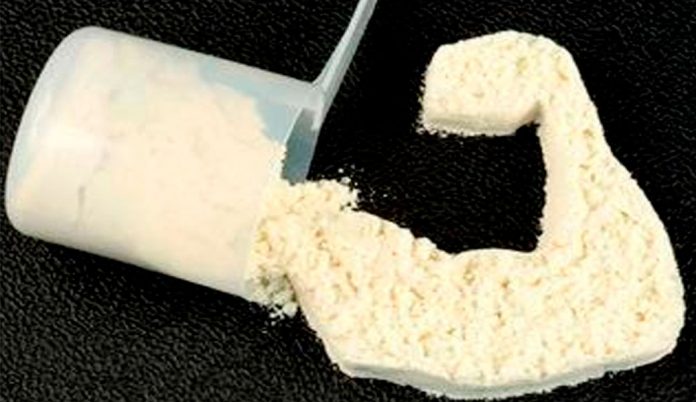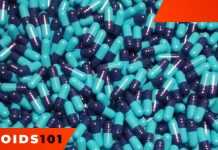Proteins are organic substances consisting of chain-linked amino acids that form the basis of muscle tissue and are the critical dietary component. Muscle growth is possible only when a positive nitrogen balance is created in the body. Moreover, protein in bodybuilding is understood as a type of sports nutrition, which consists of a concentrated protein compound of various origins.
The functions of proteins in the body are very diverse. Protein enzymes provide the flow of biochemical reactions and play an essential role in metabolism. Some proteins perform a structural or mechanical function, forming a cytoskeleton that maintains the cells’ shape. Proteins also play an important role in cell signaling systems, immune response, and cell cycle. IIn bodybuilding, the protein’s importance is manifested in its contractile function – all voluntary and involuntary movements are due to the interaction of protein molecules.
Protein is vital for the recovery and growth of muscle tissue. Amino acids supplied by proteins form construction blocks of all cells of the human body. Without proteins, internal organs, hair, immune system, and in general, all body systems can’t exist. Bodybuilders need to consume a sufficient amount of protein to perform daily vital functions and restore muscle after training. Daily intake for physically active people per day is about 1,5-3 grams per 1 kilo of body weight. Take a little less – and the recovery and growth process will slow down. The increase, on the other hand, will not have any effect.
Protein In Bodybuilding
Given the variety of functions and biological effects of the protein and its components – amino acids, in bodybuilding, proteins are used for different purposes, like reducing body fat, stimulating muscle growth, and maintaining a healthy physique.

The need for protein in bodybuilders directly depends on the intensity of training. The daily intake of protein should be 1,5-3 grams of protein per 1 kg of body weight. The absorption of protein depends on the presence of carbs in the diet. Nutritionists say that the best proportion is 30% protein, 60% carbs, 10% fat (vegetable). Compliance with this ratio increases the rate of anabolism. The usual diet does not allow to obtain such a ratio. Besides, the quality of proteins, carbs, and fats obtained with food is significantly lower than required.
The relationship between the number of calories and protein is – the less is one thing, the more is another. If you want to lose weight and obtain muscle definition without losing muscle mass, it is necessary to increase the percentage of proteins when reducing your diet’s calorie content.
How to Make a Protein Shake
Do not exceed the recommended servings of protein, as large amounts of it will not be absorbed by the body and can lead to digestive upset. It is recommended to consume no more than 30 g of protein at once. Dissolve the protein in water, juice, or milk. If you tolerate dairy well, then try to make shakes with it. Milk increases the value of protein and contains many biologically active substances, and the taste of the resulting beverage also improves.
Serving Size
Based on current research from 2009-2012, the serving size should be 30-35g. Of course, an excess of these amounts is permissible, but this is entirely inexpedient—many athletes advocate taking large portions of protein – up to 50 and even 60 g at one time. Still, on the graph from the original scientific study, you can see that after exceeding a dose of 30 g, the increase in muscle anabolism stops.
Muscle Protein Synthesis by Portion
Another study made it possible to verify the effect of various portions of protein on muscle growth. The results showed that an increase in the portion of protein over 30 g did not lead to greater activation of muscle protein synthesis, which confirms the above recommendations.
Scientists proved in an experiment that a portion of 35 g in size caused the maximum rate of muscle protein synthesis, compared to portions of 10 and 20 grams.
How To Store a Protein Shake
The shelf life of the prepared protein shake depends on the storage conditions and the type of protein. For example, if you use protein with the addition of enzymes, then the shelf life can be reduced because enzymes destroy proteins, and the latter becomes more accessible to bacteria. It is not recommended to store a protein shake for more than 3-4 hours at room temperature and more than 5-6 hours in the refrigerator. With more extended periods, the cocktail starts to ferment with bacteria, although the value of the protein does not significantly decrease.



